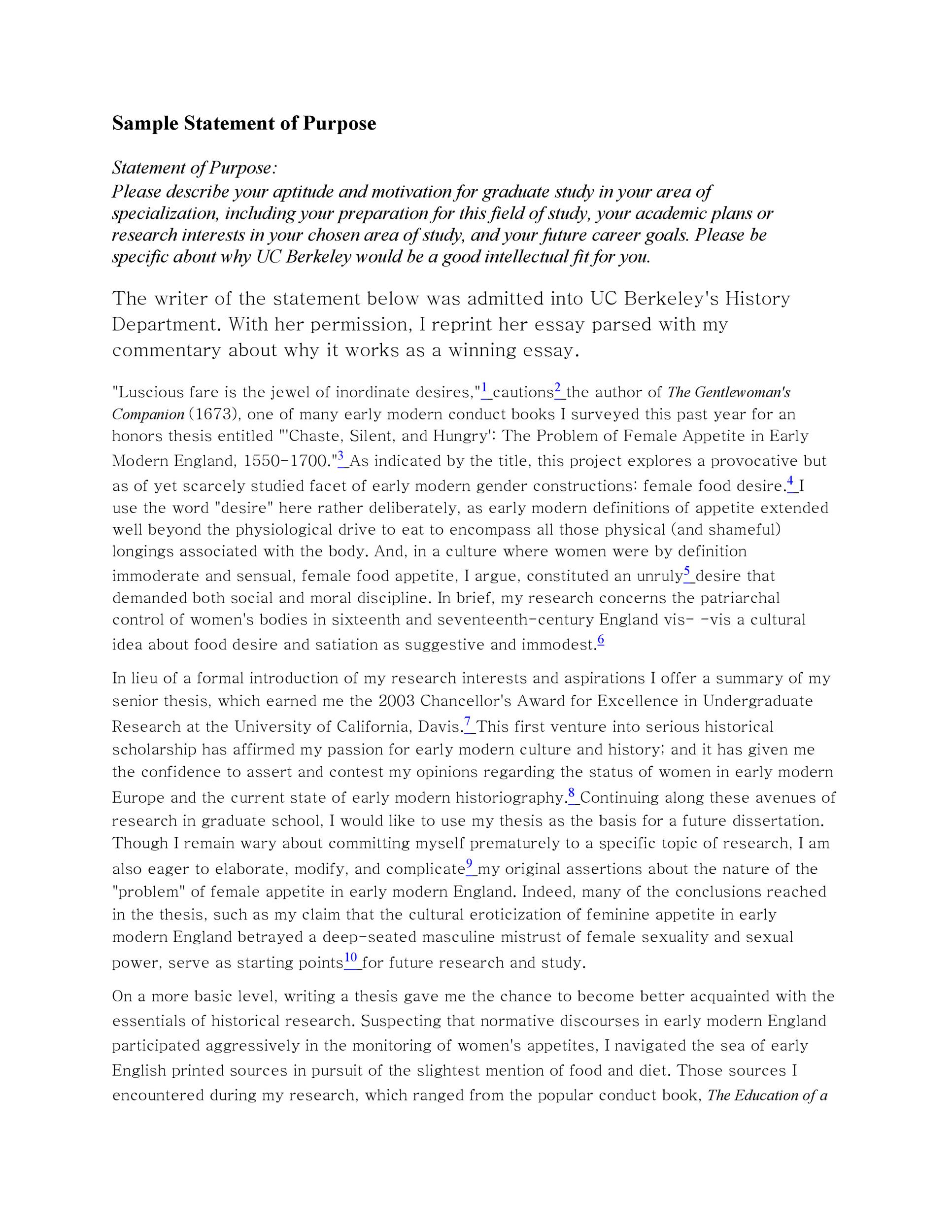

Even in personal narrative essays, general points must be illustrated or supported by specific details. Avoid falling into the trap of “trying to sound smart.” Instead, be confident in what you are saying and make sure you have a firm command of the words you employ-precision in language is crucial in an academic essay.Īcademic writing draws conclusions from experience and evidence. On the other hand, you should also avoid parroting what you think to be “proper” academic language by using vague and wordy expressions made up of needless jargon.

You should avoid using informal language, such as slang, cliches, and buzzwords. Formal Language and ToneĪcademic writing uses professional language and tone. Though creativity, humor, and personality can complement the goal of an essay or article, they should not distract from your essay’s purpose. But some core features of academic writing will remain: PurposeĪcademic writing aims to inform, analyze, or persuade, rather than entertain.

Meeting these expectations can be challenging if you are new to an academic setting, as you may need to adjust your writing approach and style.Īcquiring the academic style takes time, especially as you encounter the even narrower conventions of your degree field. Academic writing, like any genre of writing, carries a set of expectations and conventions.


 0 kommentar(er)
0 kommentar(er)
